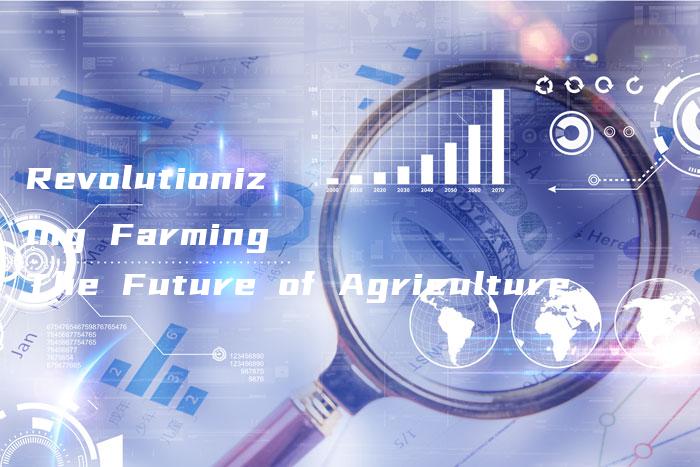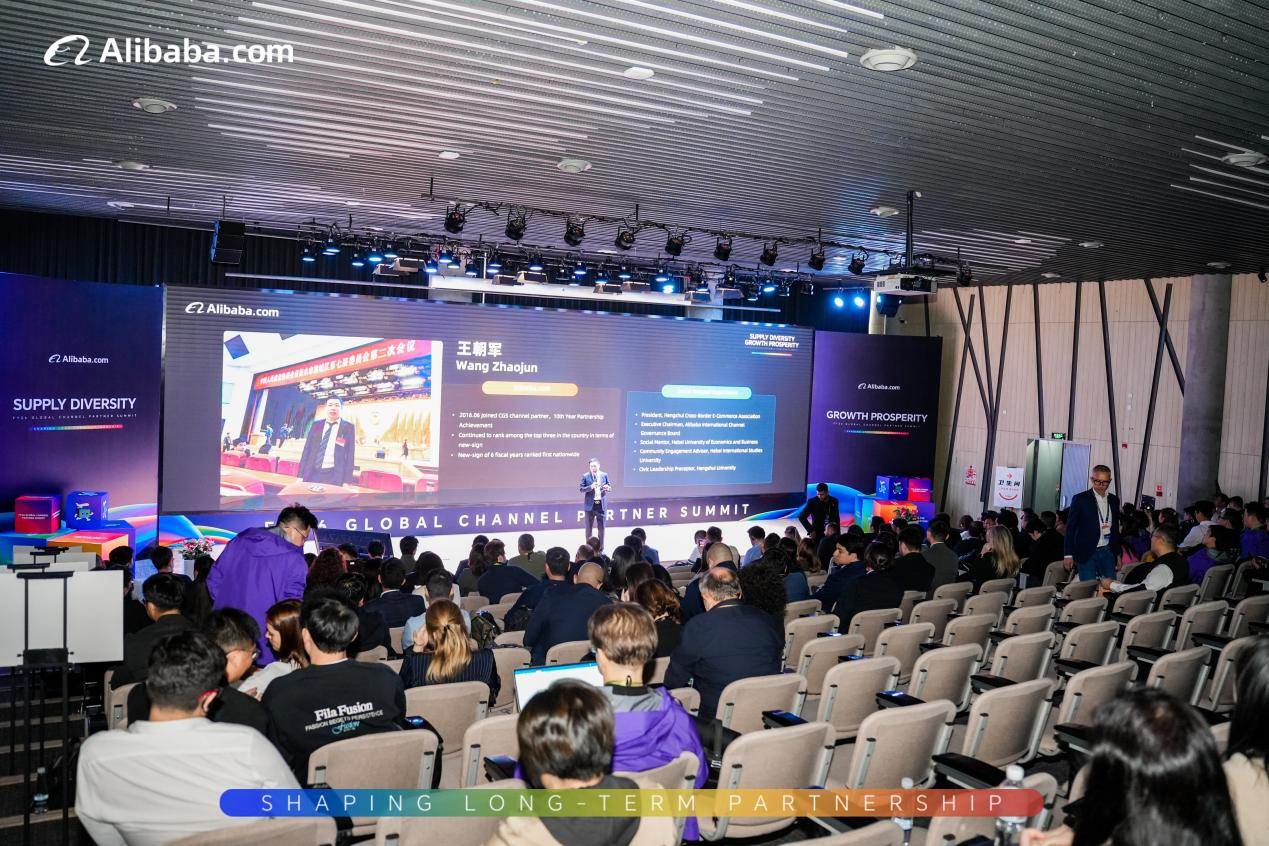
What is Revolutionizing Farming?
Revolutionizing farming is the process of integrating technology and innovative practices to transform traditional agriculture methods into more sustainable, efficient, and productive models. This approach aims to meet the increasing demand for food while also addressing environmental concerns such as climate change, soil degradation, and water scarcity.
What are the Benefits of Revolutionizing Farming?
Revolutionizing farming has several benefits, including:
- Increased crop yields and quality
- Reduced use of water, fertilizers, and pesticides
- Lower production costs and higher profitability for farmers
- Improved soil health and biodiversity
- Reduced carbon footprint and greenhouse gas emissions
What are the Technologies Used in Revolutionizing Farming?
Revolutionizing farming relies on various technologies, including:
- Precision agriculture: using GPS, sensors, and drones to optimize crop management and reduce waste
- Vertical farming: growing crops in stacked layers using artificial lighting, reducing land use and water consumption
- Aquaponics: combining aquaculture and hydroponics to grow fish and plants in a closed-loop system, reducing waste and increasing efficiency
- Robotics and automation: using robots for planting, harvesting, and monitoring crops, reducing labor costs and increasing productivity
What are the Challenges of Revolutionizing Farming?
Revolutionizing farming also faces some challenges, including:
- High initial investment costs for adopting new technologies
- Lack of access to technology and knowledge in developing countries
- Resistance to change from traditional farmers and consumers
- Concerns over privacy and data ownership in precision agriculture
What is the Future of Agriculture?
The future of agriculture is likely to be shaped by revolutionizing farming, with more emphasis on sustainable and efficient practices. This will require a collaborative effort from farmers, researchers, policymakers, and consumers to promote and adopt innovative solutions. The adoption of revolutionizing farming practices is critical to ensure food security, reduce environmental impact, and improve the livelihoods of farmers around the world.
 中小企业网
中小企业网




